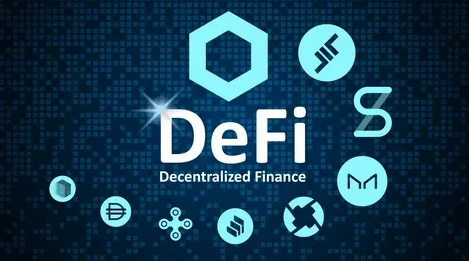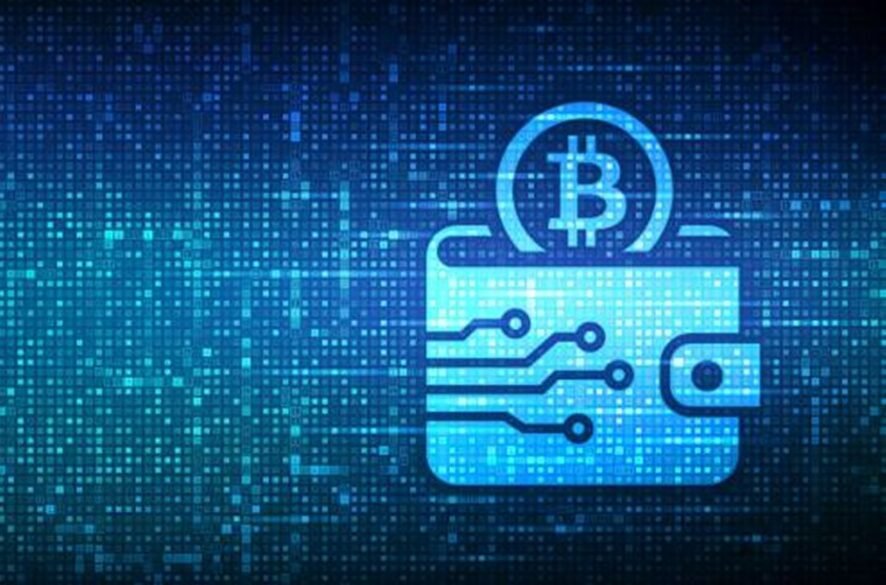
One of the most revolutionary developments in the blockchain field is decentralised finance (DeFi). DeFi has created new paths for trading, lending, and investing by cutting out intermediaries and allowing open, permissionless access to financial services. However, as DeFi develops, it also faces a rising set of difficulties, and as artificial intelligence (AI) agents become more common, a new threat is gaining footing. The digital wallet, the fundamental basis of user interaction with DeFi, sits at the core of this vulnerability.
AI Agents in DeFi

Artificial intelligence agents are intelligent, autonomous software programs that can complete activities usually requiring human decision-making. These agents can monitor yield farming prospects, handle liquidity pools, run trades, and instantly evaluate DeFi risk. Equipped with outstanding data analysis skills, artificial intelligence agents appeal to retail consumers and institutional players since they can find profitable tactics faster than anyone could.
For these agents to function effectively, they require direct access to consumers’ money. They so often have sensitive rights, particularly those pertaining to transaction approval or asset management of cryptocurrencies. As these AI agents become stronger, the dangers of granting them that access increase.
AI Wallet Risks
AI agents can inadvertently or maliciously become significant security liabilities, particularly regarding wallet access, even though they are designed to enhance efficiency in the DeFi space. These agents often need direct access to a user’s wallet to function autonomously or receive broad permissions through smart contract approvals. Such access includes signing transactions, interacting with protocols, or moving assets without further user input. The problem arises when these permissions are granted indiscriminately or users don’t fully understand what authorising means. Once access is given, a compromised or malicious AI agent can initiate unauthorised transactions, drain funds, or exploit vulnerabilities in connected DeFi protocols. Even well-intentioned AI agents can pose a risk if they’re built on flawed logic, have exploitable code, or are deployed without proper security audits.
Furthermore, the autonomous nature of these agents means that once they’re active, they can execute operations at a scale and speed far beyond human capabilities, making any breach both rapid and potentially catastrophic. Attackers can also clone or mimic legitimate agents, tricking users into connecting their wallets to lookalike malicious services. In more sophisticated attacks, hackers might exploit vulnerabilities in AI models themselves, manipulating the data the agent relies on to influence its decisions and gain access to sensitive operations.
AI DeFi Risks
AI agents in DeFi raise significant concerns, primarily regarding the extent of their access. These agents sometimes need large rights inside a user’s wallet to run autonomously. Many times, people unintentionally provide these rights without thoroughly appreciating the consequences. Should the AI agent itself be compromised—that is, if its design is intended with malevolent intent—it can carry out damaging transactions, siphon funds, or take advantage of smart contract weaknesses.
Moreover, attackers can clone, control, or reverse-engineer AI agents. Once an agent’s behaviour with wallets or protocols reveals a flaw, the exploit can be quickly scaled. This situation endangers the DeFi ecosystem holistically, particularly if numerous users depend on the same tools or agents. Finally, we should employ artificial intelligence defensively, utilising sophisticated monitoring systems. This procedure includes alerting to anomalies such as odd contract interactions, foreign IP logins, or unusual expenditure trends.
Digital Wallet Security

A thorough and multi-pronged security plan is crucial for reinforcing Crypto Wallet security. Digital wallets are the weakest link, especially considering the growing presence of AI agents within DeFi, with choices for time limitations, spending ceilings, and revocable permissions. Wallets must adopt permissioned models, allowing users to grant only the minimum required access to AI agents. The widespread encouragement of multi-signature wallets will help lower the risk of unilateral actions by compromised agencies.
Routine security audits of wallets and artificial intelligence agents are crucial in identifying hidden flaws before potential exploits. Wallet interfaces also need to become more transparent and user-friendly by explicitly displaying the rights being granted to users. This procedure includes explicitly displaying the rights granted and alerting consumers to possible hazards in plain language. Educating users to identify phishing efforts, bogus wallet apps, and false transaction prompts is also crucial.
Conclusions
DeFi’s development will only deepen the integration of artificial intelligence agents. While these technologies can unlock significant benefits by boosting efficiency and automating complex strategies, they also introduce new vulnerabilities. As the key control point, wallets must be the primary focus of enhanced security initiatives.
Transparency, responsibility, and wallet design innovation will define trust in artificial intelligence agents in this new battlefield. The DeFi ecosystem must take immediate action to ensure that artificial intelligence does not compromise security. After all, in a distributed world, the weakest link often is the user’s wallet rather than the protocol.








